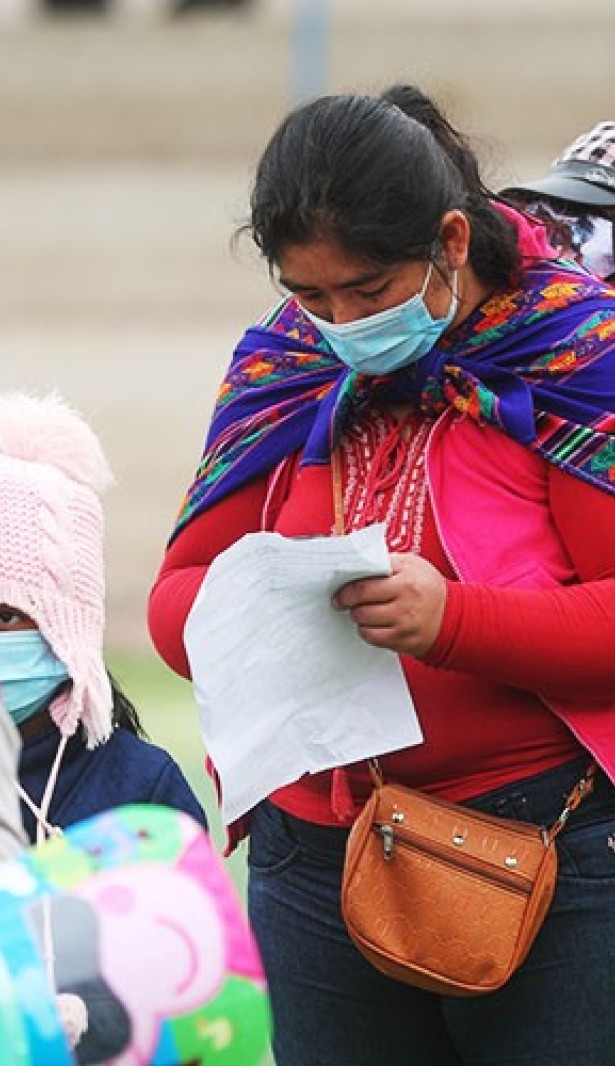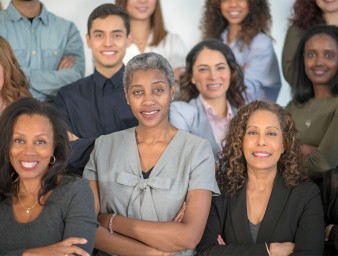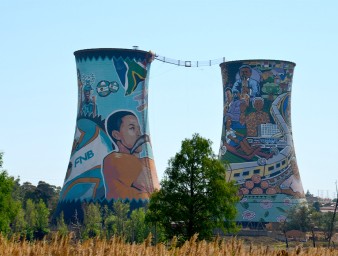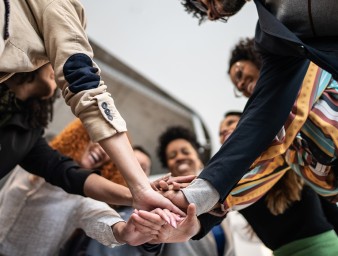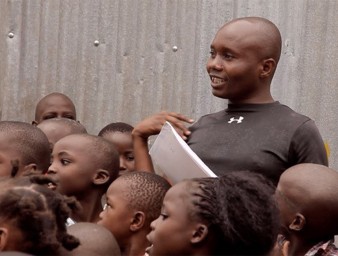Building better policies will break the cycles of poverty and inequality
16 October 2020
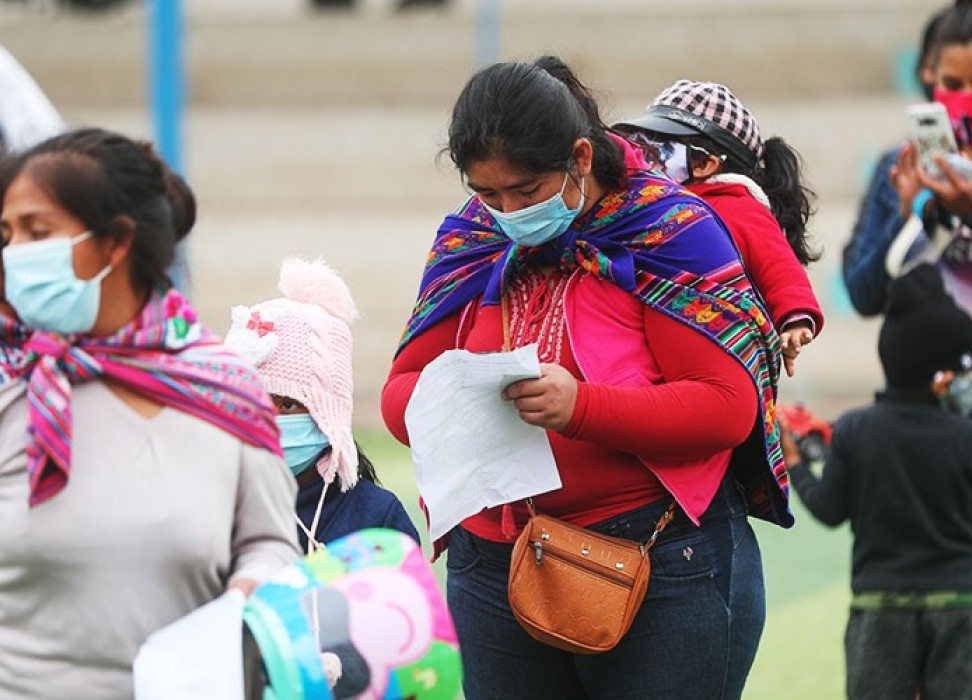
Of the many consequences wrought by the COVID-19 pandemic, one that stands out is the global increase in the number of people being plunged into poverty. The World Bank estimates that the pandemic will push another 176 million people into poverty.
And where poverty rises, so too can be seen a corresponding rise in pre-existing and systemic inequalities and structural discrimination, said UN High Commissioner for Human Rights Michelle Bachelet.
“COVID-19 has brought to the fore the inequality pandemic overlooked by many,” she said. “It is time to stop looking the other way. We cannot want – or accept—going back to a so-called normality that made our societies so vulnerable, so fragile, so unequal – and so unjust.”
Bachelet made her address to the Human Rights Council Social Forum. The two-day event, which took place in-person and online in Geneva, brought together many panellists from diverse backgrounds and geographical regions to address the questions of how to break the cycles of poverty and inequalities and advance accountability.
“Health care is one of the great equalizers and when it is not there, inequality rises,” said Winnie Byanyima, Executive Director of UNAIDS.
As part of the keynote panel discussion on poverty and inequalities, Byanyima pointed to examples of countries in Latin America, which in the last 40 years had managed to decrease poverty rates by offering wide-ranging access to health care. Drawing on lessons learned when handling the HIV/Aids crisis, she argued that the way to solve a global health crisis is not only to use a healthcare approach, but also to use a human rights based one.
“A health crisis has to be overcome by delivery on all human rights,” she said. “Look at what happened with HIV. It is when gay people rose up and demanded their rights to health, when people living with HIV rose and demanded their rights, that we saw a change in work on that pandemic.”
The Social Forum was guided by the “poverty matrix” – a scheme that examines the interrelated causes of poverty, including environmental and health vulnerabilities, discrimination, social exclusion and systemic injustice. The matrix was developed by Olivier De Schutter, the UN Special Rapporteur on extreme poverty and human rights. He said the matrix would help lead to greater accountability “so no actor can evade its obligations and responsibilities to eliminate poverty and inequality by simply pointing the finger at others.”
An “explosion of inequality”
Two thousand billion US Dollars.
This figure, according to Lucas Chancel, co-director of the World Inequality Lab of the Paris School of Economics, is the amount of money the world’s wealthiest billionaires have amassed during the COVID-19 pandemic. This figure represents a 25 percent increase in their wealth in a few short months.
Speaking on the keynote panel, Chancel said there was already a huge wealth gap, even before the pandemic hit, with the top global 1 percent accounting for more wealth than the bottom global 50 percent combined. Crises, such as environmental or epidemiological shocks, point to how little resilience exists in many societies and can result in an “explosion of inequality.”
“So how do we redesign our social fabric to be more resilient when other crises come and when they hit us?” he asked. It is by designing and promoting policies that create greater equality, he said.
Ruth Manorama knows first-hand how policies can make the difference between living in poverty and inequality and an opportunity to move up. A social activist and Right Livelihood Award laureate, Manorama said temporary government measures like reservation rights, a policy that made it possible for certain members of lower castes to attend better schools and get better jobs, helped some dalits to achieve a level of social mobility, employment, education and political empowerment, helping to move them out of poverty.
“I am a dalit woman,” Manorama said during the keynote panel. “I was able to break the shackles of inequality, of caste poverty by going to good schools and achieving higher education and getting employed. These are all basic demands. It is time to treat all as equals.”
Move from words to action
Chen Zhigang, Deputy Director, State Council Leading Group Office of Poverty Alleviation and Development of China, said precise data has been a key component in the country’s principle of “poverty identification before poverty relief.” The national uniform database has helped not just to identify those in poverty, but also their specific needs.
“This had laid a strong foundation for taking targeted poverty relief measures,” Zhigang said.
For the most vulnerable countries, the pandemic has reversed decades of progress on poverty, healthcare and education, said Fekitamoeloa Katoa ‘Utoikamanu, High Representative for the Least Developed Countries, Landlocked Developing Countries and Small Island Developing States (OHRLLS). One solution to the challenge of combatting this lies continuing with climate change mitigation work, she said.
“The pandemic should not be an excuse to divert our efforts away from addressing climate change,” she said. “There is no way we can build back in inclusive and sustainable ways if we drop the momentum for ambitious climate action.”
‘Utoikamanu, who was a keynote panelist, also recommended restructuring debt and debt workouts for LDCs, supporting stimulus packages for vulnerable nations, and having people participate in overcoming the challenges posed by widening poverty and inequalities.
“It is my humble view that without seeking that participation, we will not be able to move forward in sustainable ways,” she said. “So let’s come together to move from words to action.”
16 October 2020
